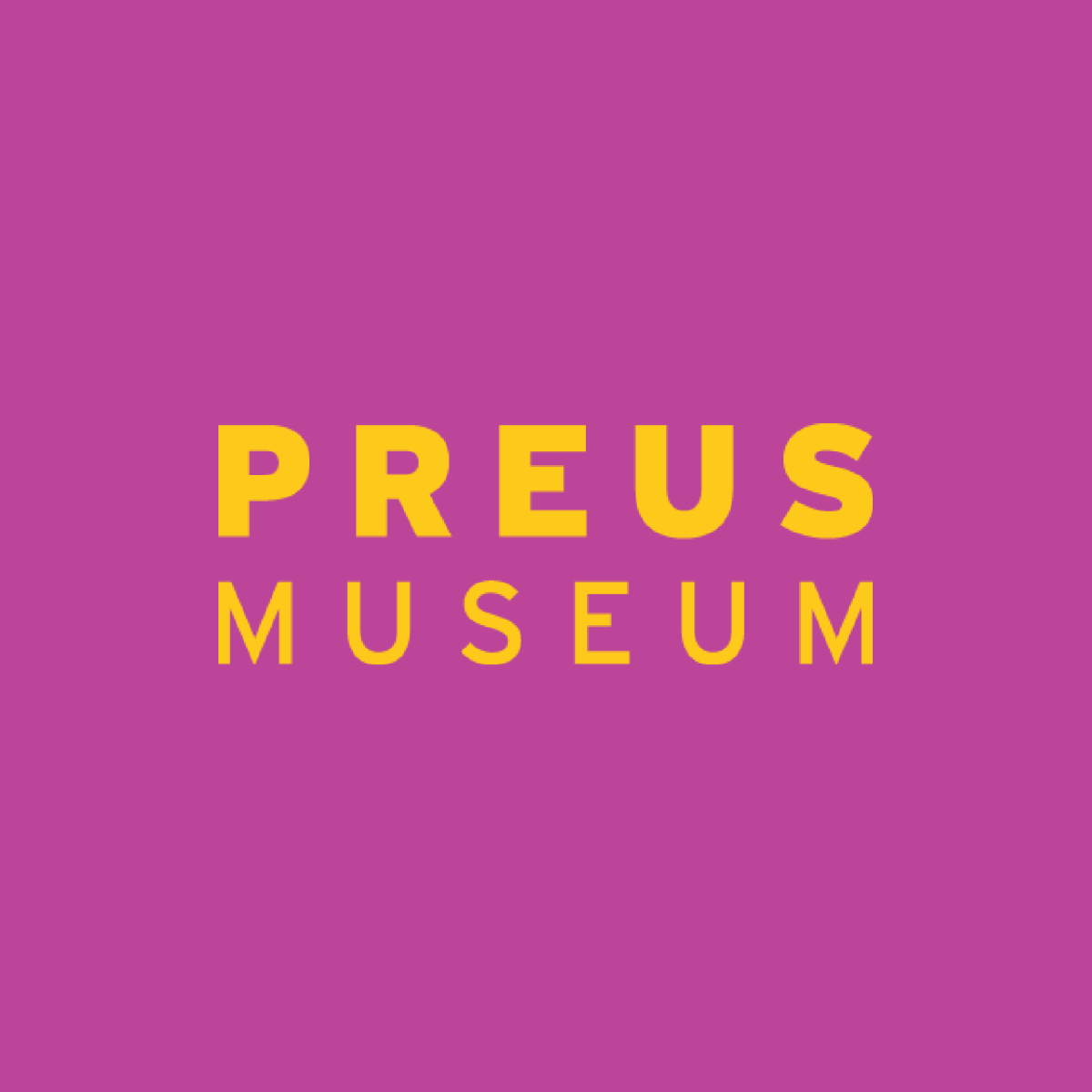

About
DNA is the blueprint for how organisms look and function, and it is transferred from generation to generation. Changes in DNA are called mutations, and these changes have various consequences. Some mutations can lead to diseases, while others can provide advantageous traits and contribute to evolution. Modern technology has made it possible to manipulate DNA by altering the genetic material, which presents enormous opportunities but also raises significant ethical concerns since we cannot control the consequences.
Democracy, nature, and artificial intelligence (AI) are also complex systems based on evolution. DNA itself is an example of how nature can be considered a complex and well-functioning "machine," and nature is full of complex systems that are constantly evolving. Democracy is built on the idea that everyone should have a voice in decisions that affect them. This requires organization and collaboration, and it is essential that the system is adaptable to survive. AI is based on the idea of mimicking human intelligence using computers. AI systems can learn and adapt over time, and they must constantly be adjusted and developed to meet new challenges and opportunities.
The key to variation and development in these systems is diversity. In the process of evolution, diversity is the foundation of natural selection, while in nature, a diversity of species is crucial to maintain balance and stability in ecosystems. In democracy, it is important to ensure that decisions reflect the diversity of interests and perspectives that exist in society, while AI algorithms learn from large datasets and use that knowledge to perform tasks better.
Genetic modification is one of the many ways we humans manipulate nature. It is also possible to manipulate the democratic system, for example, through fake news and disinformation that influence political debates and, ultimately, also elections. Similarly, artificial intelligence (AI) can also be manipulated, for example, by teaching computers to discriminate or make unjustified decisions, something that can have unforeseen consequences.
How can this theme be expressed using photography? For example, by focusing on diversity, can you say something about how the society we live in is made up? Can you perhaps use manipulation to convey something about our relationship with nature? Can you say something about development with the help of artificial intelligence?
We hereby challenge photographers, amateurs and artists of all ages to contribute to the Preus Museum Open Call. You are welcome to problematize the photograph in the material you submit. We and we would like a short project description of a maximum of 2,000 characters that explains how you have approached the topic. We also want to know if you have used AI for text or images but will not discriminate against your contribution on the basis of this.
*The text for this open call has been written and translated from Norwegian to English in collaboration with the free version of Chat GPT
What winners receive
Selected artists/photographers will be exhibited at the Preus Museum Open Call at the Photo festival Oslo Negativ in a very special venue this year, an old decommissioned veterinary school.
The jury will also select three winners that will receive a special prize:
1st prize:
- NOK 5 000
- Incorporation into the Preus Museum collection (the Preus Museum selects all or some of the photos entered in the exhibition)
- A presentation in the Norwegian photo magazine Fotografi (in print and online)
- Exhibition at the Photo festival Oslo Negativ 2024
2nd prize:
- NOK 3000
- Incorporation into the Preus Museum collection (the Preus Museum selects all or some of the photos entered in the exhibition)
3rd prize:
- NOK 1500
- Incorporation into the Preus Museum collection (the Preus Museum selects all or some of the photos entered in the exhibition)
The winners will be announced on Saturday Sep 16 2023.
About Preus Museum
Preus Museum is the national museum of photography in Norway, hosting Preus Museum Open Call. The museum and the festival aims to be inclusive and open to everyone.The organization of the festival is an active effort for Preus Museum to take a coordinating role within the photography field and the documentary environment in Norway. Showcasing photography in all its forms, and contributing to an arena where national and international artists and actors can come together in a concerted effort, is particularly important for the development of the museum.
How to enter
Enter with the images that describe your perception of this year’s theme, “DNA - Democracy, Nature, AI”.
Choose up to 10 images for your entry. The Preus Museum Open Call wishes the photographers that are present, to print and mount the images themselves, at their own expense.
For the Norwegian participants, the photographers will be present during the day and interact with the audience. If the photographer is prevented from being present on the Photography Day, the photos can be sent by post well in advance, and the staff of the Preus Museum will tend to the mounting.
For international entries, Preus Museum will provide printing and mounting. International participants are of course warmly welcomed to the event, but we unfortunately have no funds available to cover travel costs etc.
There will be a prize ceremony on Saturday 16 Sep, where the winners will be announced. The event will also be live streamed.
Judging criteria
The images are selected by a jury of experts who look for images with visual quality. The jury is free to choose the images to be displayed. The jury will award the most interesting contributions.











Any questions?
Please feel free to contact us.
Ingri Østerholt ingri.osterholt@preusmuseum.no, +47 95767171